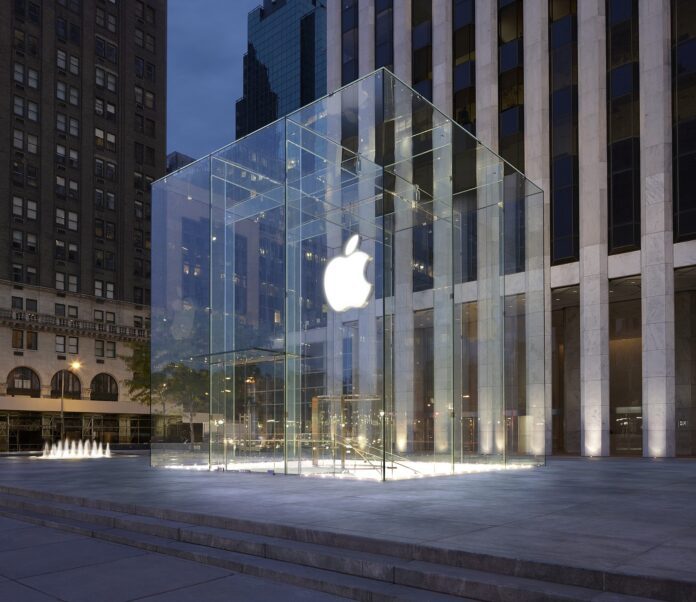Chinese billionaire Jia Yueting, CEO of LeEco, told CNBC in a recent interview that technology giant Apple is “outdated,” amid a government shutdown of Apple’s book and movie services.
Yeuting also discussed a new self-driving car project, LeSEE, that’s meant to rival Tesla. He explained his company can bring a competitive value proposition to the market because it already has content, mobility and other solutions included in its portfolio.
“In the next generation of mobile Internet, a car is like a smartphone with four wheels,” Yeuting told CNBC, comparing a vehicle as a platform interface like a smartphone or smart TV. “The ecosystem its connected to is the same … they’re all connected to Internet system via the cloud.”
Yeuting said LeEco’s level of integration would allow a car to be priced “close to cost.”
Back to Apple, Yeuting expounded during a meeting of the China Entrepreneur Club: “We think the difference between us and Apple is very large. Apple is a mobile phone company focused on hardware and software.” LeEco “is focused on the Internet first, and only then on software and finally on hardware. Apple only has individual apps. This was the right choice during the first generation of mobile net, when CPUs and the mobile network speeds were not fast enough. However now we’re moving into the next era of mobile Internet, these problems no longer exist. Moreover, having separate apps just means great obstacles in the user experience. We hope to break down these obstacles.”
China is a key market for Apple – the second largest globally – and also represents the potential for significant, long-term growth given the population and growth in mobile penetration and network infrastructure. That said, many watchers expect Apple to report slow sales in its upcoming Q1 earnings report.
“One of the most important reasons is that Apple’s innovation has become extremely slow,” Yeuting said. “For example, a month ago Apple launched the iPhone SE From an industry insider’s perspective, this is a product with a very low level of technology. … We think this is something they just shouldn’t have done.”
Meanwhile, Apple’s iBooks and iTunes Movies services were shutdown in China about six months after launch. Acknowledging the move, Apple said, “we hope to make books and movies available again to our customers in China as soon as possible,” without elaborating.
China has challenging regulations regarding Internet-based content publishing and distribution, including a requirement that content must be stored on Chinese servers.
Anonymous sources told The New York Times the service shutdowns were pushed through by the State Administration of Press, Publication, Radio, Film and Television.
Daniel Rosen, founding partner of Chinese-focused advisory firm Rhodium Group, told The New York Times the Chinese government is “interested in protecting the content that the Chinese people see, policing its national security and favoring indigenous giants such as Huawei, Alibaba and Tencent.” Rosen added regulators are “strongly disinclined to accept the dominance of foreign players on the Internet, not least those from the United States.”

